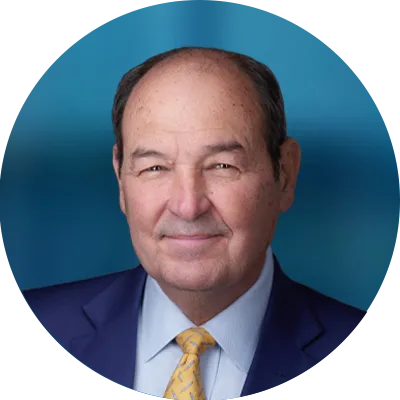Grain elevators emerged in North America in the second half of the nineteenth century. As American agriculture shifted from a subsistence-based economy to a cash-market economy, wheat farmers needed to store mass amounts of their crop to meet growing demands. This is where grain elevators helped farmers take advantage of a bumper crop year and prepare for those times when the year’s bounty resulted in less than expected.
Before the introduction of the grain elevator, grain was generally stored in bags rather than in bulk quantities. Thus, farmers could not efficiently store mass amounts grain to be distributed in later years. The contraption was designed and built by Joseph Dart and Robert Dunbar in 1842 and was first used in Buffalo, New York. Its use spread across the United States, making the grain elevator a staple of the American landscape and a primary facilitator of American agriculture’s transition to a cash-market production model.
Like those farmers of the 1800s, after a bumper crop in the stock market, it may be an appropriate time to make sure your grain elevator is full and capable of enduring a potential drought or slowdown in the years ahead.
Remember, for many, retirement may cover a span of 15 to 25 years, during which you’re likely to face some less than profitable years.
At Willis Johnson & Associates, we prepare financial models to determine the probability of success when working to meet your retirement goals. These models are based on different rates of return, with most common assumptions positioned around 6.2%, and then stress tested at low returns. We also run Monte Carlo simulations to study the probability of success.
With this as a starting point, it’s fair to assume that based on the overall performance of the stock market in 2017, it is likely many investors may have exceeded the 6.2% rate of return this year. That being said, you should fill your grain elevator before you start spending too freely.
You may consider taking one or more of the following steps to take advantage of this particularly profitable year:
1) Make sure your cash reserve/emergency account is full.
2) If you had planned on making a major purchase in a year or two, set that money aside today.
3) If you have high interest debt, think about paying it down.
4) Think about starting education 529 plans for your children or grandchildren.
Of course, you should always talk with your financial advisor and review your long-term plan before making any final decisions. If you have any questions, you can reach out to a member of the WJA team for more information.










